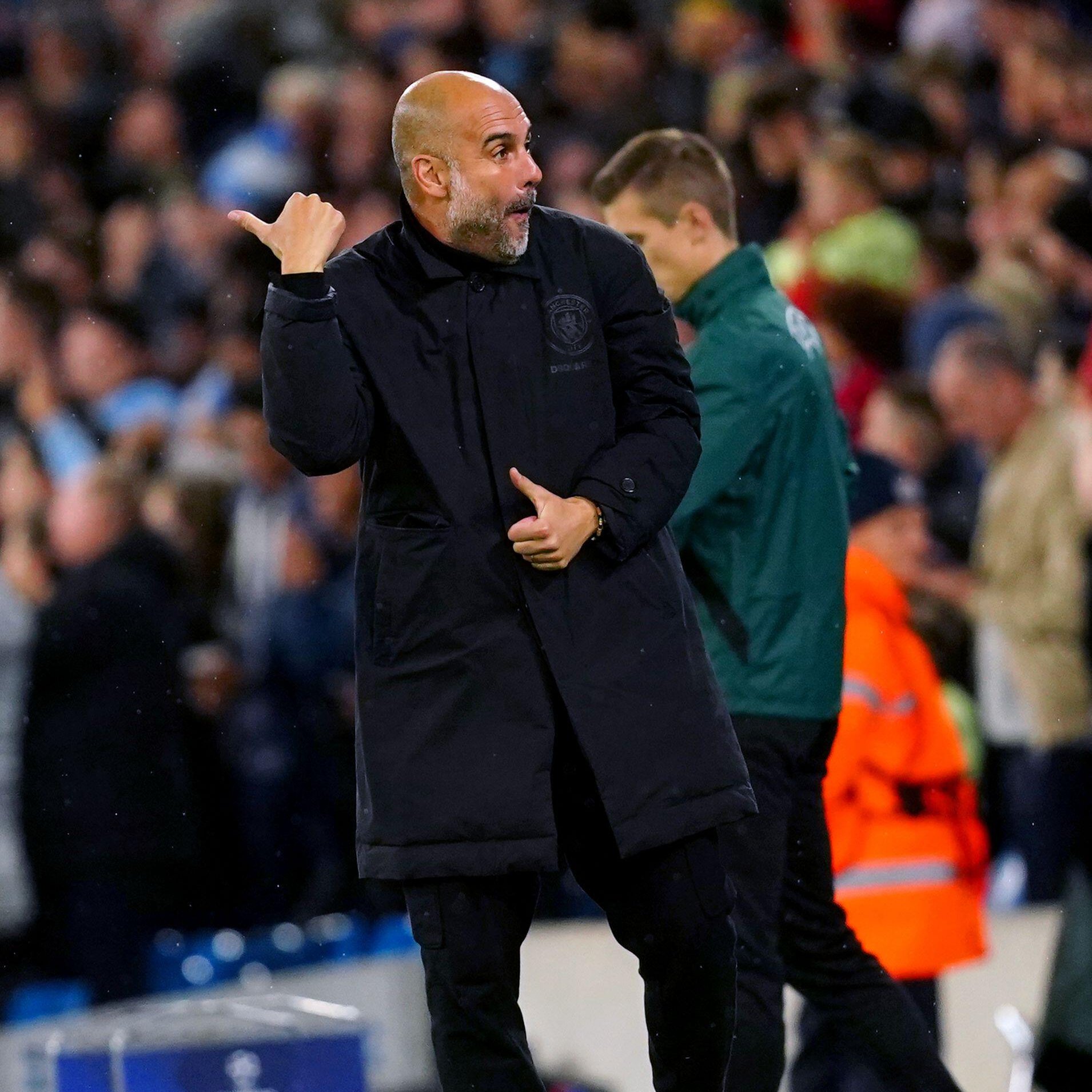JURGEN KLOPP: FACTS
By Stefan Borson | 15 October 2022Jurgen Klopp’s Rafa Benitez “Facts” homage in the run up to the Liverpool v City fixture has been wildly applauded on Merseyside and by a wide range of Fleet Street’s finest. The “frightening” sight of Pep Guardiola’s City team running away with the Premier League whilst still in second place has brought out the most defensive and resigned response from Klopp. Yet it ignores a number of basic facts.
Firstly, Liverpool’s underperformance so far this season has nothing to do with City at all. A series of poor results against some of the most beatable teams in the league has already left Liverpool with an uphill task. The team took four points from games vs Fulham, Everton, Brighton and Palace. Brighton and Palace were home games. They lost feebly to a United team in recovery and a resurgent Arsenal.
Liverpool have also spent lavishly over the last few years. Of course, they haven’t spent to City’s or Chelsea’s or United’s level in the transfer market. But their net spend calculation was somewhat distorted by the Neymar influenced panic buy of Coutinho for over £120m in 2018. They have purchased numerous players for fees of over £35m in the Klopp era. This has been supplemented by some smart moves for players nearing, or at, the end of contracts such as Tiago (a bargain at £20m) and Matip (free). Less impressively, for all the talk of what superb traders Liverpool have been in the Klopp era, the truth is that Liverpool have sold no other players for over £30m during that time.
Liverpool’s wage bill has also been right at the top of the global game exceeding £1.4bn for the last 5 published periods (2017 to 2021) – a mere 8.6% less than City and 70% more than Spurs over the same period.
Even if Haaland is paid the staggering total of €1m a week (including bonuses) as rumoured, Klopp is wrong to say Liverpool could not have competed for his signature. Haaland is a unique case. City took the view that his package would not distort that paid to other top earners like Kevin de Bruyne and Phil Foden because of his special skills. So that leaves the question of how to justify paying a player €25m more than your other top earners (in Liverpool’s case, Mo Salah). In the context of Haaland, it is already clear that even just on a value accretion basis, €25m per annum represents value for money. In short, Liverpool took a different view of the economics of the deal to City. It was never about capacity to be able to do the deal or some fundamental or systemic disadvantage.
So what could Liverpool do to compete with City and [checks notes] Newcastle?
Contrary to the impression given by Klopp, Liverpool could easily spend more. They have been prudently and conservatively run under FSGs ownership. From a business perspective, for FSG if not for supporters themselves, they have been brilliantly run. Uniquely in the Big Six, Liverpool’s owners FSG have chosen not to make any owner investments at all over the last 5 years. Indeed, Liverpool repaid £37m of owner debt to FSG in the same period.
FSG now sit on a huge paper profit on its original £330m purchase of the club in 2010 from Hicks and Gillett. Chelsea’s purchase by Boehley’s Clearlake Capital in the Summer for £2.5bn suggests Liverpool’s market value would be in excess £3.5bn possibly even as much as £5bn. This would represent a staggering financial return for FSG but if they share Todd Boehley’s vision of the Premier League (or CFG/Silverlake’s for that matter) there is much more to come.
Just this week, Clearlake Capital co-founder and managing partner Jose E Feliciano targeted a doubling of revenue to £1bn per annum. Those same revenue levers would also apply to Liverpool – in fact, Liverpool could probably achieve in excess of any growth in commercial revenues generated by Chelsea. Liverpool is simply a bigger club with all the opportunities that brings. Chelsea have an advantage in terms of what matchday/ticket sales can generate per seat but it will take years to expand Chelsea’s stadium given its ownership issues, the prestigious central London location and its wealthy and litigious neighbours.
Liverpool also have plenty of capacity in financial fair play terms. They were not one of the clubs mentioned in the latest batch of UEFA sanctions – 19 clubs were placed on the watchlist, including City, after UEFA analysed the 2018-22 financial records of all clubs involved in its competitions last season. Chelsea, West Ham and Leicester were also on that list. Arsenal were not included in the report as they did not play European football last season, but reports suggest they too are being monitored by UEFA.
All this means that for all Klopp’s talk of how Liverpool can’t compete, the truth is that FSG dictate the extent Liverpool participate in the transfer market. It is a choice by FSG to limit losses and investment levels either because they simply don’t wish to allocate its capital to Liverpool in that way or because they believe they will not see the return that Chelsea and CFG believe will flow from such investment today.
In that respect, FSG are more aligned with the Glazers than Boehly and the CFG. So, whilst it may be convenient to lay the blame for Liverpool’s disappointing start to the season in the Middle East, the real answer is far closer to home.

